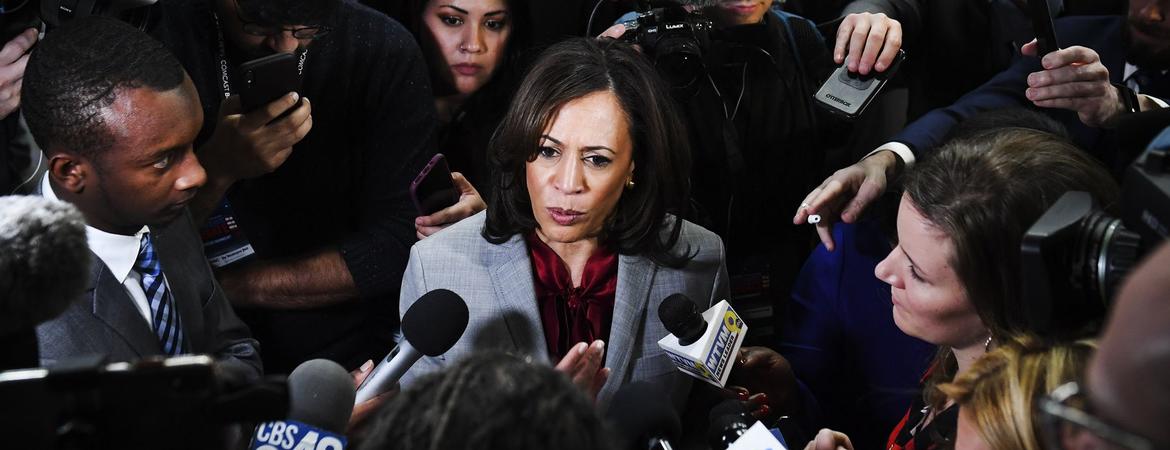Center for Social Innovation

Identity is complicated and she shouldn't have to choose just one.
This week, presumptive Democratic presidential nominee Joe Biden announced that Sen. Kamala Harris would be his running mate. News outlets heralded the historic nature of her vice presidential nomination, highlighting that she was the first Black woman and the first Asian American woman to achieve this milestone.
For some people, that last part was news: Wait, Harris is Asian American? It prompted much discussion on social and traditional media about Harris’s background and biracial identity as the daughter of an Indian immigrant mother and a Jamaican immigrant father.
Karthick Ramakrishnan, a professor of public policy at the University of California Riverside and founder of AAPI Data, suggested that one of the reasons Harris might be more commonly portrayed as Black in the media is because of America’s history of using the “one-drop rule,” a racist practice that dates back to slavery.
“When you had someone who is the son or daughter of a Black person and a white person in the South, they would have been considered a slave and not a free person, and that legacy continued on through Jim Crow. They would not have the same rights as white people if you had even ‘one drop’ of Black blood. So that legacy is still very powerful; it affects not only how white people or American society in general think of Black folks but also how Black folks think of themselves,” Ramakrishnan told Vox.
Harris’s nomination also has the potential to mobilize South Asian American voters. A recentPew analysis of Census Bureau data from 2000 to 2020 found that Asian American voters are the fastest-growing racial or ethnic group in the US electorate, with 11 million Asian Americans eligible to vote this November. And according to Ramakrishnan, Harris’s nomination could inspire more Indian Americans to run for office; it could also make it harder for the Trump campaign to win support from Indian American voters and donors.